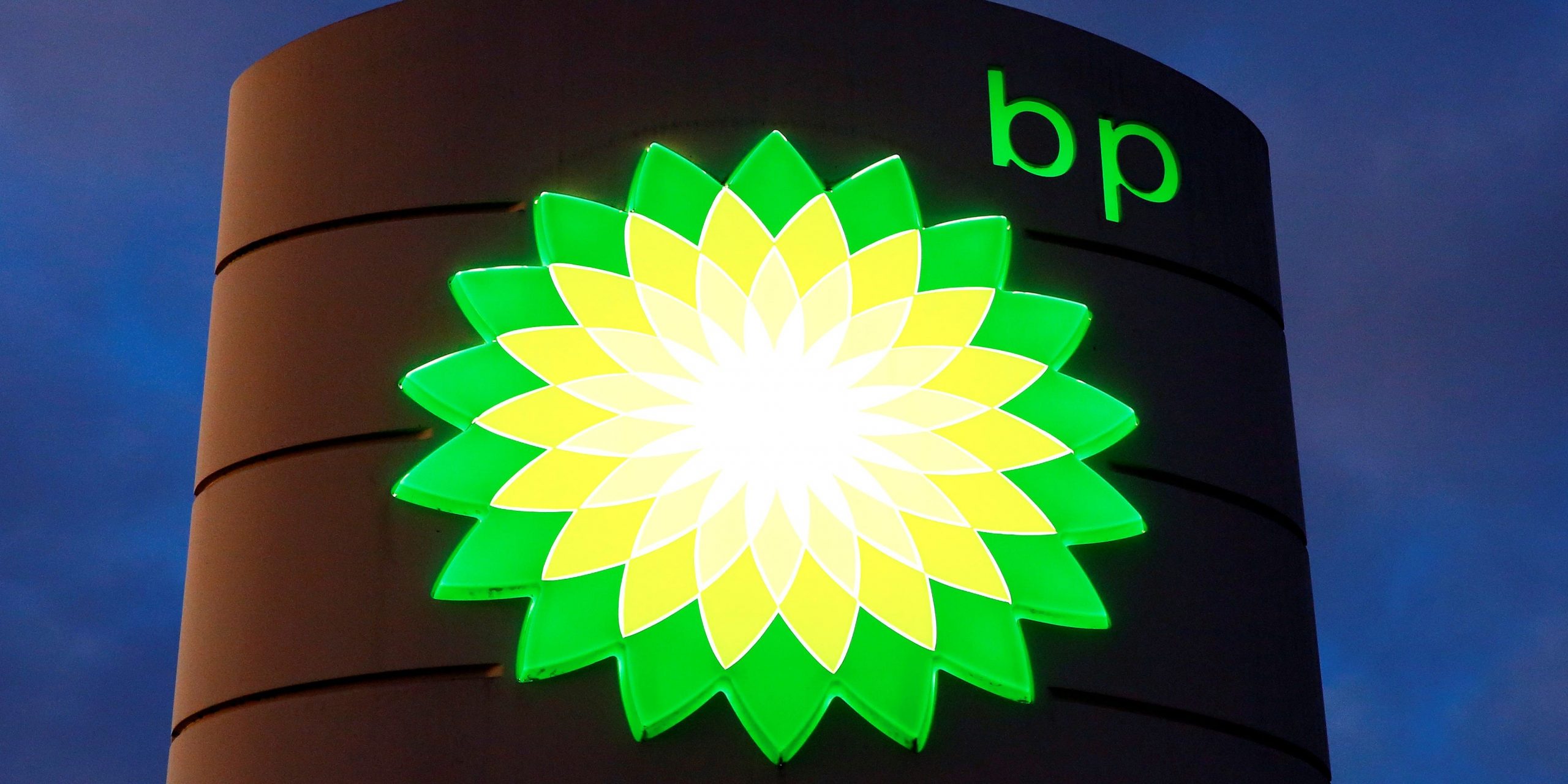- Energy giant BP reported a loss of $16.8 billion for the second quarter as it continues to battle the coronavirus pandemic’s existential threat to the oil industry.
- The UK-based company’s overall loss included a $10.9 billion impairment charge related to the pandemic.
- BP cut its dividend by 50% to 5.25 cents from 10.5 cents, the first time since its 2010 Deepwater Horizon incident – the largest marine oil spill in history.
- Visit Business Insider’s homepage for more stories.
Oil giant BP swung to a huge loss in the second quarter as it reported the continued effects of the coronavirus pandemic.
The London-based energy giant showed a loss of $16.8 billion in the second quarter of 2020, in sharp contrast to a profit of $1.8 billion a year ago.
In adjusted terms, the company posted a net loss of $6.7 billion, compared to net profits of $2.8 billion last year. Analysts polled by Bloomberg had expected a loss of $8.45 billion.
BP cut its dividend for the first time since the 2010 Deepwater Horizon oil spill, slashing it to 5.25 cents per share from 10.5 cents a quarter earlier.
The oil-and-gas company's shares are down more than 40% year-to-date, but jumped around 7% in morning trade in London.
Below are the key numbers:
Net income: $6.7 billion loss versus $2.8 billion profit last year
Overall income: $16.8 billion loss versus $1.8 billion profit last year
Operating cash flow excluding payments towards Gulf of Mexico oil spill: $4.8 billion versus $8.2 billion last year
The company's overall loss included a net post-tax charge of $10.9 billion for non-operating items, or activities not related to its core business.
"Our reset of long-term price assumptions and the related impairment and exploration write-off charges had a major impact," chief executive Bernard Looney said in a statement.
While almost every part of BP's business was hit hard due to the pandemic's impact on fuel consumption, "oil trading delivered an exceptionally strong result," the company said.
BP announced a new strategy to deliver its net-zero ambition including lowering of emissions by 30-35%, cut carbon intensity of products sold by more than 15%, and target a 40% decline in hydrocarbon production - all by 2030.
In order to "reinvent" its approach to energy sources, the company said it will not explore for oil in any new countries.
"In the years ahead, bp is going to significantly scale-up our low-carbon energy business and transform our mobility and convenience offers," the company said.
"We will focus, and reduce, our oil, gas and refining portfolio."

